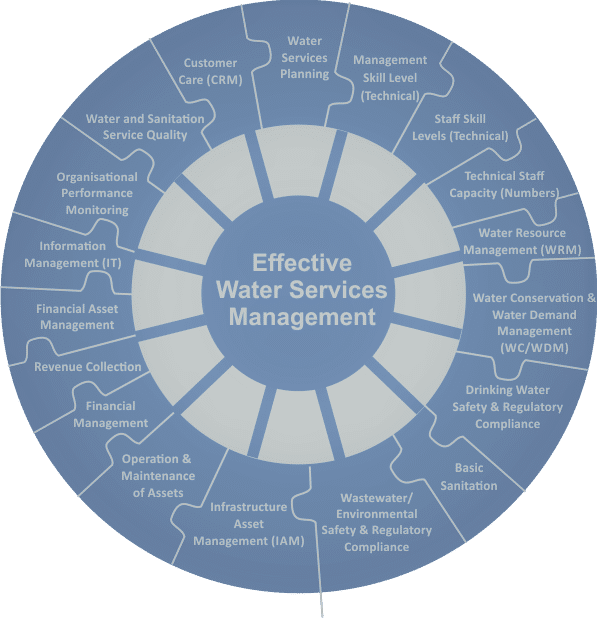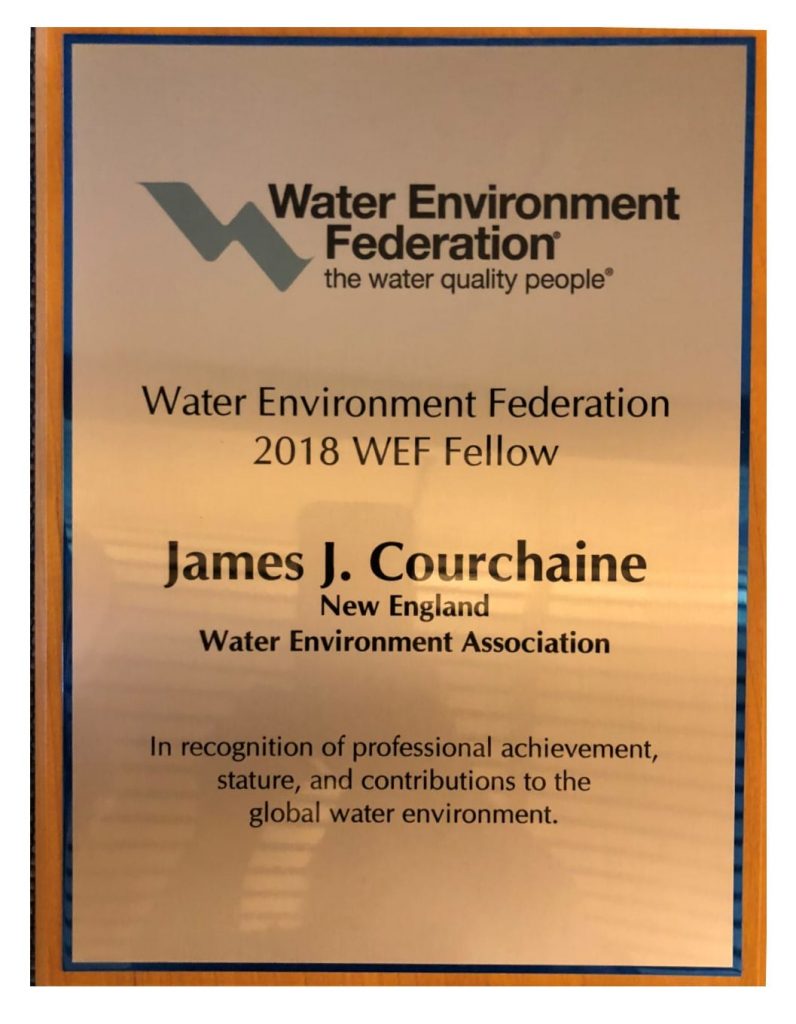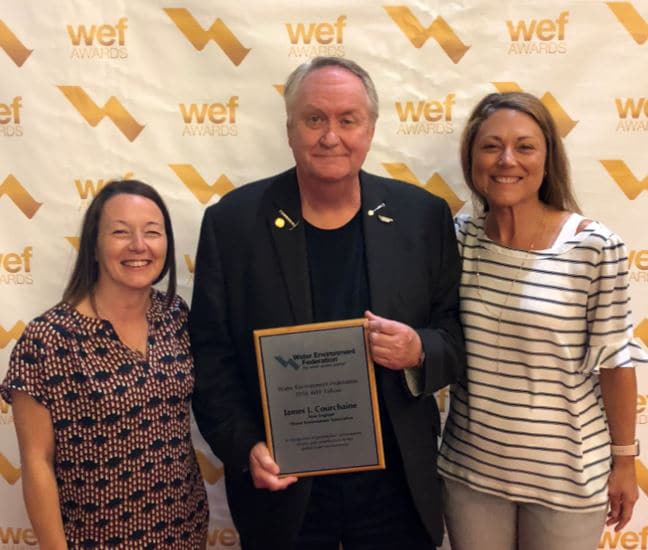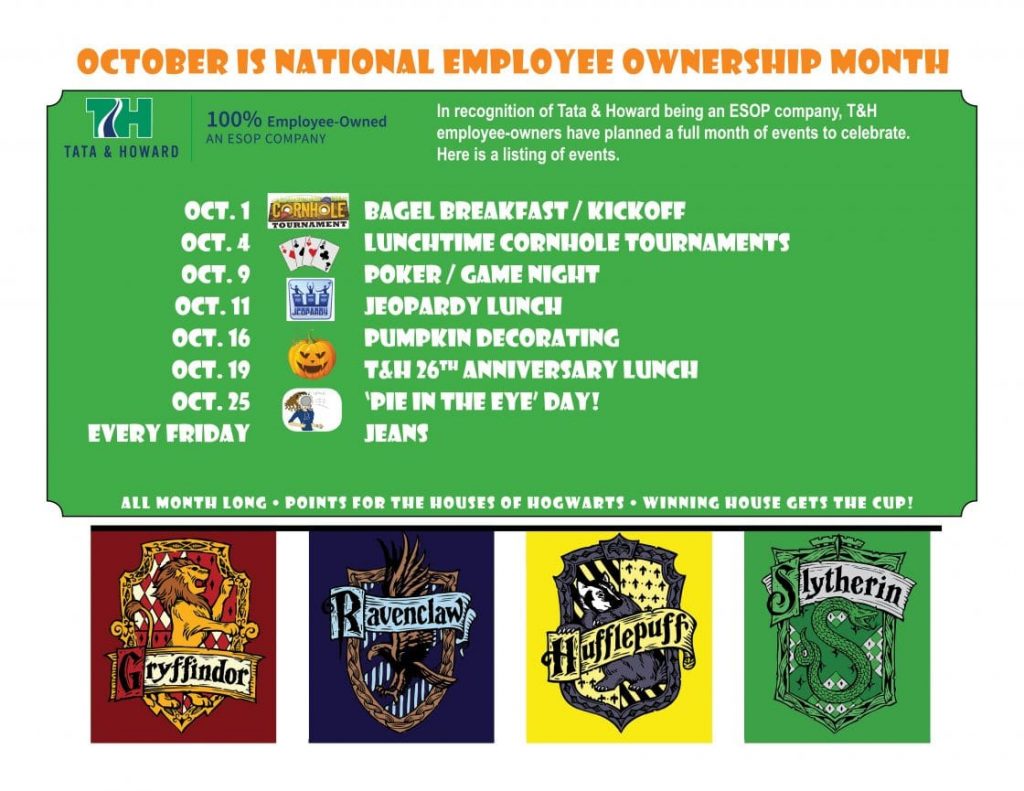Water and Wastewater Professional Mike Knox to Run Emergency Response Training Programs
Tata & Howard, Inc., a leading innovator in water, wastewater, and stormwater engineering solutions, is pleased to announce that Michael F. Knox, has joined the firm as a Client Service Specialist. In this newly created role, Mr. Knox will concentrate on developing Emergency Response Training Programs to be offered starting this fall.
Prior to joining Tata & Howard, Mr. Knox worked as the Superintendent and Chief Operator for the Cherry Valley and Rochdale Water & Sewer District in Leicester, Massachusetts. He holds a 2C and 3T drinking water license and a 3M wastewater license, and he has a B.S. in Mechanical Engineering.
In addition, Mr. Knox served as a member of the Massachusetts Water and Wastewater Agency Responses Network (MAWARN) Steering Committee and was the MAWARN Chair from 2008 to 2011. He is a member and Past President of the Massachusetts Water Works Association (MWWA).
“As a former Superintendent and Chief Operator of a Water & Sewer District, Mike brings a unique perspective to this position,” Paul B. Howard, P.E., T&H Senior Vice President stated. “Having worked with Mike in the past, we knew of his experience and expertise improving the safety and security of municipal assets and implementing emergency response programs.”
“We’re excited to have Mike on our team,” Karen L. Gracey, P.E., T&H Co-President said. “Mike’s knowledge and thorough understanding of critical emergency response methodologies and training skills will not only benefit municipal water operations but also help improve their service to the community water systems they manage.”
 Emergency Response Plans (ERPs) are mandatory for all public water suppliers, and a minimum of 10 hours of Emergency Response Training is required. ERP training is a process that helps water system managers and staff explore vulnerabilities, make improvements, and establish procedures to follow during an emergency. Preparing and practicing an ERP can save lives, prevent illness, enhance system security, minimize property damage, and lessen liability.
Emergency Response Plans (ERPs) are mandatory for all public water suppliers, and a minimum of 10 hours of Emergency Response Training is required. ERP training is a process that helps water system managers and staff explore vulnerabilities, make improvements, and establish procedures to follow during an emergency. Preparing and practicing an ERP can save lives, prevent illness, enhance system security, minimize property damage, and lessen liability.



 T&H kicked off EOM with our Employee Breakfast & Presentation on October 1st. We are encouraging our employees to participate in weekly hosted games and activities to gain points for their teams – which will be modeled after the Houses of Harry Potter’s Hogwarts School. The House with the most points at the end of the month will win the House Cup! Other fun activities include a cornhole tournament, poker night, lunchtime Jeopardy, pumpkin decorating, the firm’s Anniversary Lunch, and wrapping up with the Pie in the Eye Day.
T&H kicked off EOM with our Employee Breakfast & Presentation on October 1st. We are encouraging our employees to participate in weekly hosted games and activities to gain points for their teams – which will be modeled after the Houses of Harry Potter’s Hogwarts School. The House with the most points at the end of the month will win the House Cup! Other fun activities include a cornhole tournament, poker night, lunchtime Jeopardy, pumpkin decorating, the firm’s Anniversary Lunch, and wrapping up with the Pie in the Eye Day.